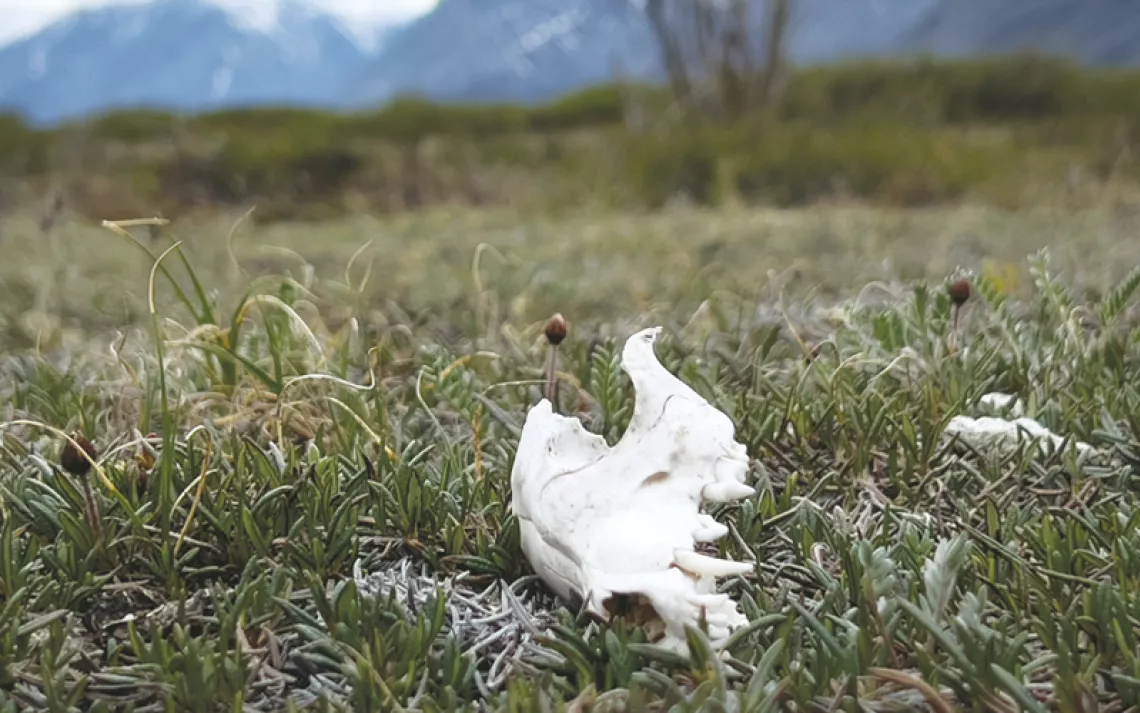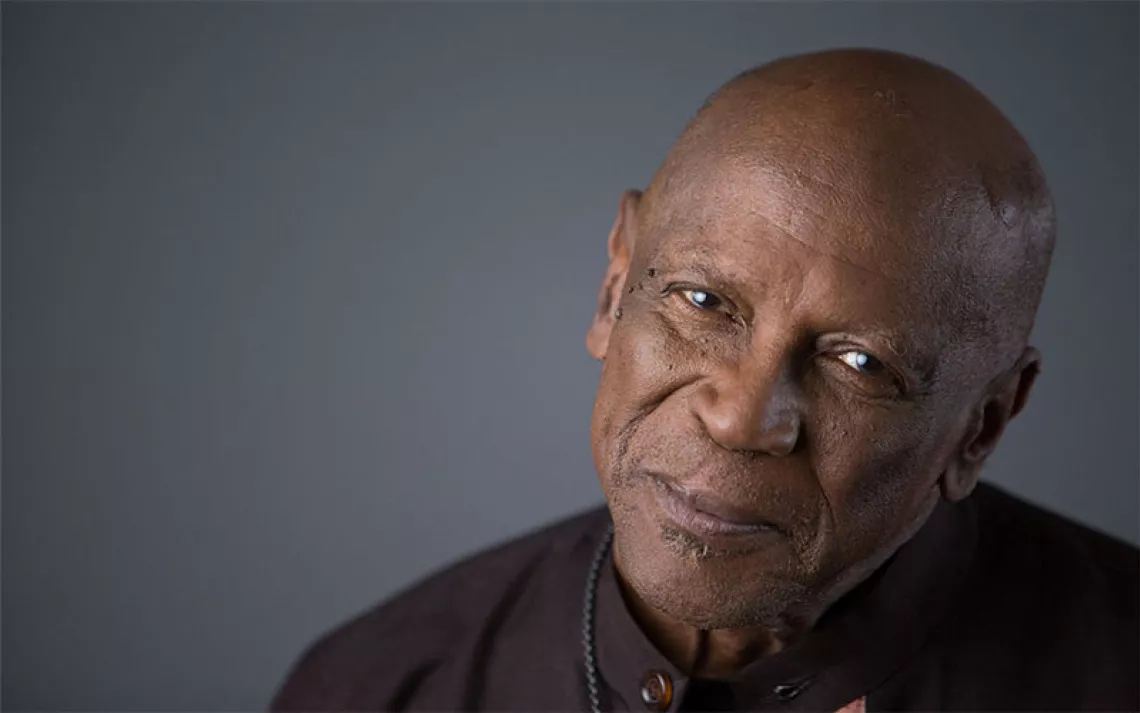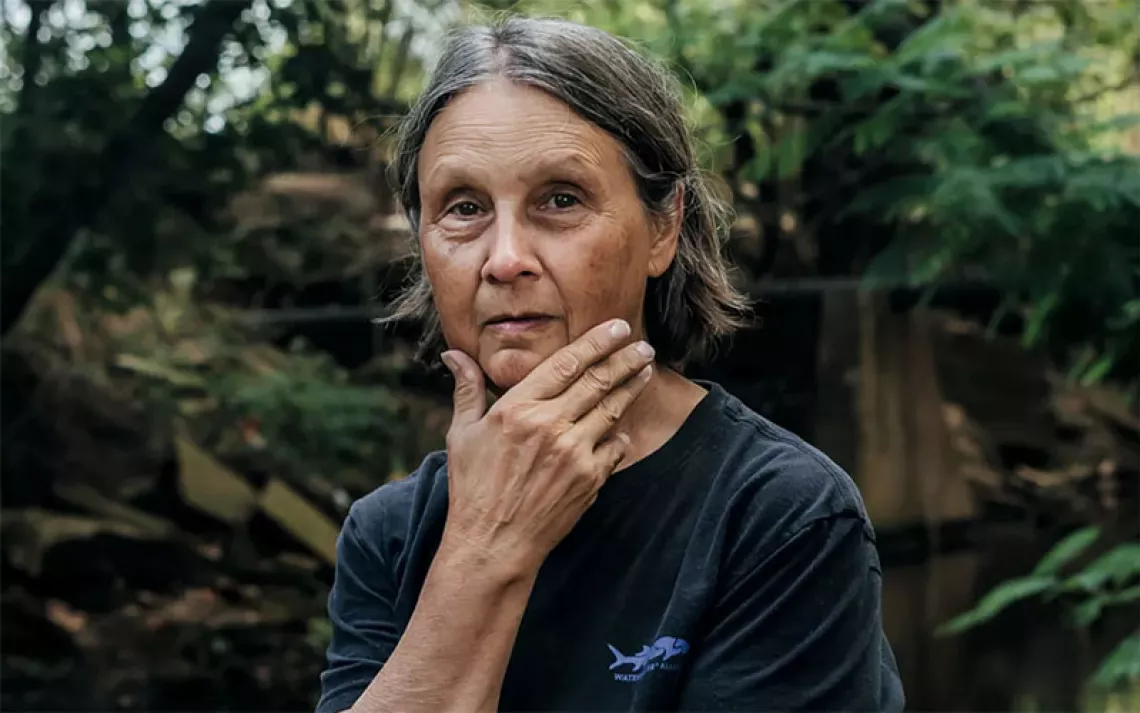Listening to Lead
Recent conversations with Sierra Club members across the US illustrated the power of grassroots advocacy

New Sierra Club executive director Ben Jealous, back right wearing a cap, meets with leaders from the California Chapter. | Photo by Heather Wilson
Distributed by Trice Edney Newswire.
As a lifelong organizer, I know that you grow movements by listening first—so that’s how I’ve spent the past month. As I started this new job as executive director of the Sierra Club, I’ve traveled more than 15,000 miles, crisscrossing the country from the Deep South to New England to the Pacific Northwest to listen.
Our organization is the oldest and most influential grassroots environmental group in the country, with chapters in every state and millions of members and supporters. We believe in building coalitions: For example, to shut down hundreds of coal-fired power plants that pollute the air and neighborhoods where 11 million Americans, most of them Black and brown and poor, live and raise families.
What I’ve seen in the last month is that during a time of great peril for our country, Americans still believe that we have things in common worth fighting for. Poor or rich, Black or white, the activists I met with want nothing more than to come together and work side by side even as the voices promoting division seem to be the loudest.
In New York City, I met two women who, with three others on their team, have written more than 300 letters to the editor in the last year on issues ranging from buildings’ electrification to cleaner public transportation. In Mobile, Alabama, I met with descendants of 32 West Africans thought to be the last shipment of enslaved people brought to the United States, who, with other leaders, are fighting to save the Africatown community founded by their ancestors. They are waging a lopsided battle against special interests who are displacing residents to build facilities that dirty the air and water. Descendants of those who enslaved Africans own many of the companies involved.
These activists understand that, as in the civil rights movement, change always comes from the bottom up, and that it is not the politicians who launch change. On the toughest challenges, people lead and politicians follow. The people I met want to grow movements—whether by fundraising, legislative advocacy, or lawsuits.

Ben Jealous and Sierra Club president Ramón Cruz at a listening session.
We need this kind of enthusiasm and commitment right now across many issues, and I believe it is there. The struggles over everything from women’s health to voting rights to environmental protection are all intertwined and will play out state by state. We need activists and advocates in every single one.
An example is the once-in-a-generation investment this nation will make over the next decade to improve infrastructure and create jobs in ways that have environmental repair and renewal at their core. We will spend more than $700 billion, more than double what we spent to make good on President Kennedy’s pledge to send a man to the moon. While President Biden and Congress have committed that money, the decisions on exactly how it will be spent will happen in cities, counties, and states. We need to ensure the money is spent effectively and not hijacked by special interests. We need to be watchful to win.
The hard truth is that all the self-interested need to do to win is to drive a wedge between us. That’s a much easier task to accomplish than the unity I’ve seen. It just takes a little disinformation mixed with some concocted grievance.
The folks I met show that we’re smarter and stronger than that. We can’t let special interests make us appear more divided than we really are, putting our republic and our planet at even greater risk. Based on what I’ve heard, I’m convinced that many of us are ready to stay vigilant and to oppose those who want nothing more than to profit from dividing us, whether it’s politically or financially.
 The Magazine of The Sierra Club
The Magazine of The Sierra Club



